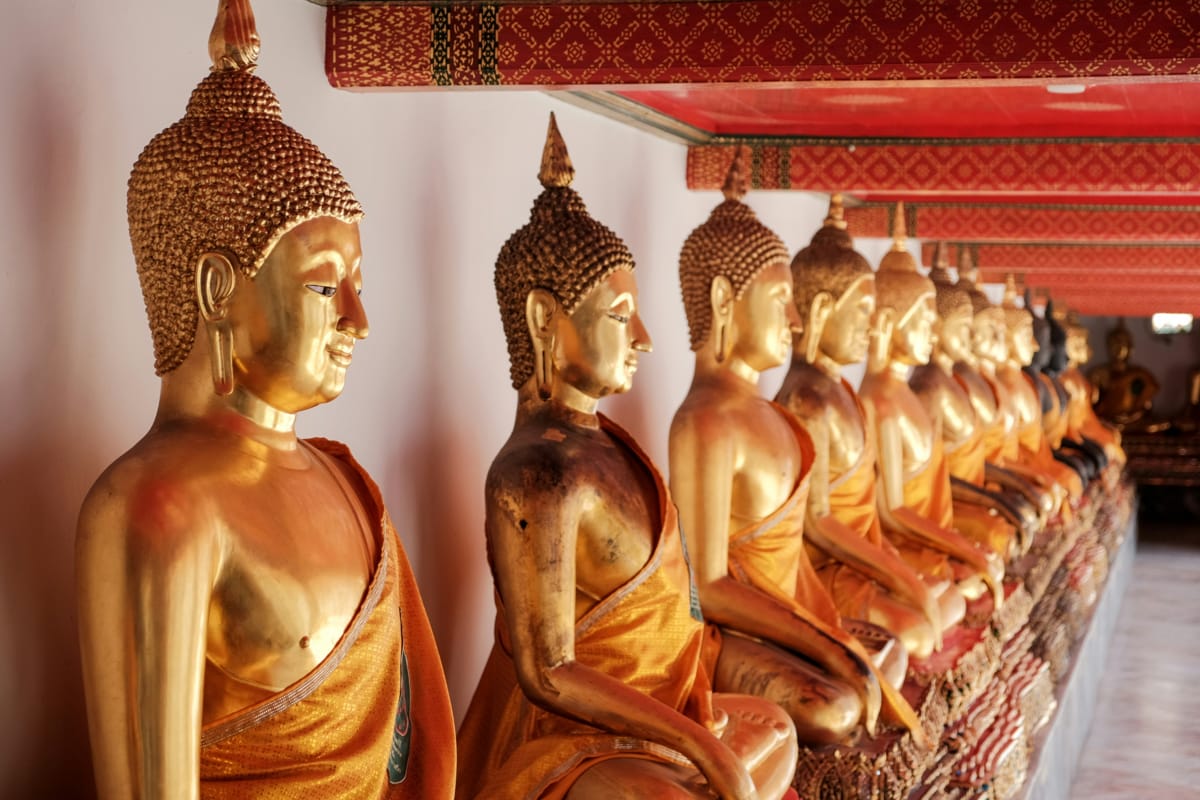Over three decades of domestic political turbulence, Thailand has often been dismissed as inward-looking and for failing to live up to its potential leadership role within Southeast Asia. The country’s diplomatic influence has not been commensurate with its size or stature as one of ASEAN’s founding members. But even measured against this low standard, Bangkok’s diplomacy in 2024 appears to be at a new nadir.
The weakness of Thailand’s current prime minister can hardly be overstated. Paetongtarn Shinawatra is a political novice, appointed only as a proxy for her father Thaksin Shinawatra. Her government exists only because of an unlikely alliance between Thaksin and his former foes in the country’s powerful royalist-military establishment. Either this coalition could fall apart, or the country’s so-called independent institutions – the constitutional court and anti-corruption commission – could remove Paetongtarn at any time for any minor infraction. Indeed, Paetongtarn’s predecessor as prime minister was removed after less than a year in office notionally for an ethics violation, but really for political reasons that remain murky.
Paetongtarn’s early foreign policy moves do not appear strategic. She attended the irrelevant Asia Cooperation Dialogue meeting in Doha, likely because this initiative was founded by her father in 2002, rather than the UN General Assembly.
And instead of focusing on real world foreign policy issues, Paetongtarn has advocated that Thailand should exploit its “soft power”. Adherents of Professor Joe Nye will be disappointed – this is not about the ability to persuade, but rather, about branding Thailand internationally. Thai food, festivals and cultural heritage are in the frame. This might have the makings of a great tourism promotion campaign, but it is no substitute for real foreign policy.

Perhaps more important, however, is the leadership void in Bangkok’s own near region, especially Myanmar. It is not accurate to say that the crisis is overlooked by Thailand. Thai government agencies monitor developments across the border closely. A high-level committee, chaired by the foreign minister, meets regularly. And the impact of the crisis next door is being felt more broadly: while Thailand has long hosted large communities of workers and refugees from Myanmar, an exodus since the 2021 coup has made migrants from Myanmar more visible in Thailand.
Thailand’s often repeated mantra that as a bordering country it has a strong interest in the crisis appears to be a reason for inertia, rather than initiative. In the years after 2014 under Prayut Chan-o-cha premiership, it was easy to understand why: a military-led government, having seized power in its own coup, prioritised maintaining relations with the Myanmar military, as it judged that the Tatmadaw would ultimately prevail in the conflict and that direct engagement would best serve Thailand’s security interests. Prayut’s government put the rest of ASEAN, especially Indonesia offside because this direct engagement with the junta ran counter to ASEAN’s attempts to pressure the junta to abide by the group’s “five point consensus” agreed in 2021.
Internal coordination, especially on Myanmar, has been lacking and will remain a challenge under a weaker foreign minister.
Even after the change of leadership in Thailand to a Pheu Thai Party led government, initially under Srettha Thavisin, and now under Paetongtarn, Bangkok has continued to privilege direct dialogue with the junta and its representatives above engagement with opposition forces, a fact which has been stoutly critiqued by influential observers in Thailand, such as former foreign minister Kasit Piromya. Other influential voices, like former Ministry for Foreign Affairs Permanent Secretary Sihasak Phuangketkeow, have emphasised the need for Thailand’s approach to the crisis to support ASEAN unity, in an implicit criticism of the government’s current approach.
The progressive side of Thai politics Criticism has also taken issue with the government’s approach to Myanmar. Progressive politicians have called on the government to tackle the challenges arising from the influx of refugees from Myanmar, for example, by giving legal recognition to provide migrants protection and avoid exploitation. They have also taken up well-founded reporting by the UN Special Rapporteur on the human rights situation in Myanmar pointing to the role of Thai banks in continuing to provide finance to the Myanmar junta.
Thailand’s new foreign minister, Maris Saisamponga, is a former diplomat. However, he did not follow a traditional foreign ministry career path to his position, instead relying on a previously close working relationship with Thaksin to secure his position. Many in Thailand doubt that he and his advisors have the authority and expertise to effectively steer the Thai foreign ministry. Internal coordination, especially on Myanmar, has been lacking and will remain a challenge under a weaker foreign minister – a point powerfully highlighted earlier this year by Thaksin’s own freelance talks with Myanmar opposition leaders.
Related to the question of Myanmar is what priority Thailand’s government will accord to other regional and sub-regional issues. In the last years of the Prayut government, Thailand rightly put greater emphasis on the Mekong sub-region and reviving Thai leadership and cooperation with Laos and Cambodia, especially through the “ACMECS” forum. However, this grouping appears to have lost altitude in recent years, and it is unclear what Paetongtarn’s government will bring to this agenda in concrete terms.
Thai diplomats remain among the most capable in the region and Thailand has the heft that’s needed to bring a decisive influence on issues of regional concern. But without political coherence, all of this counts for little.

